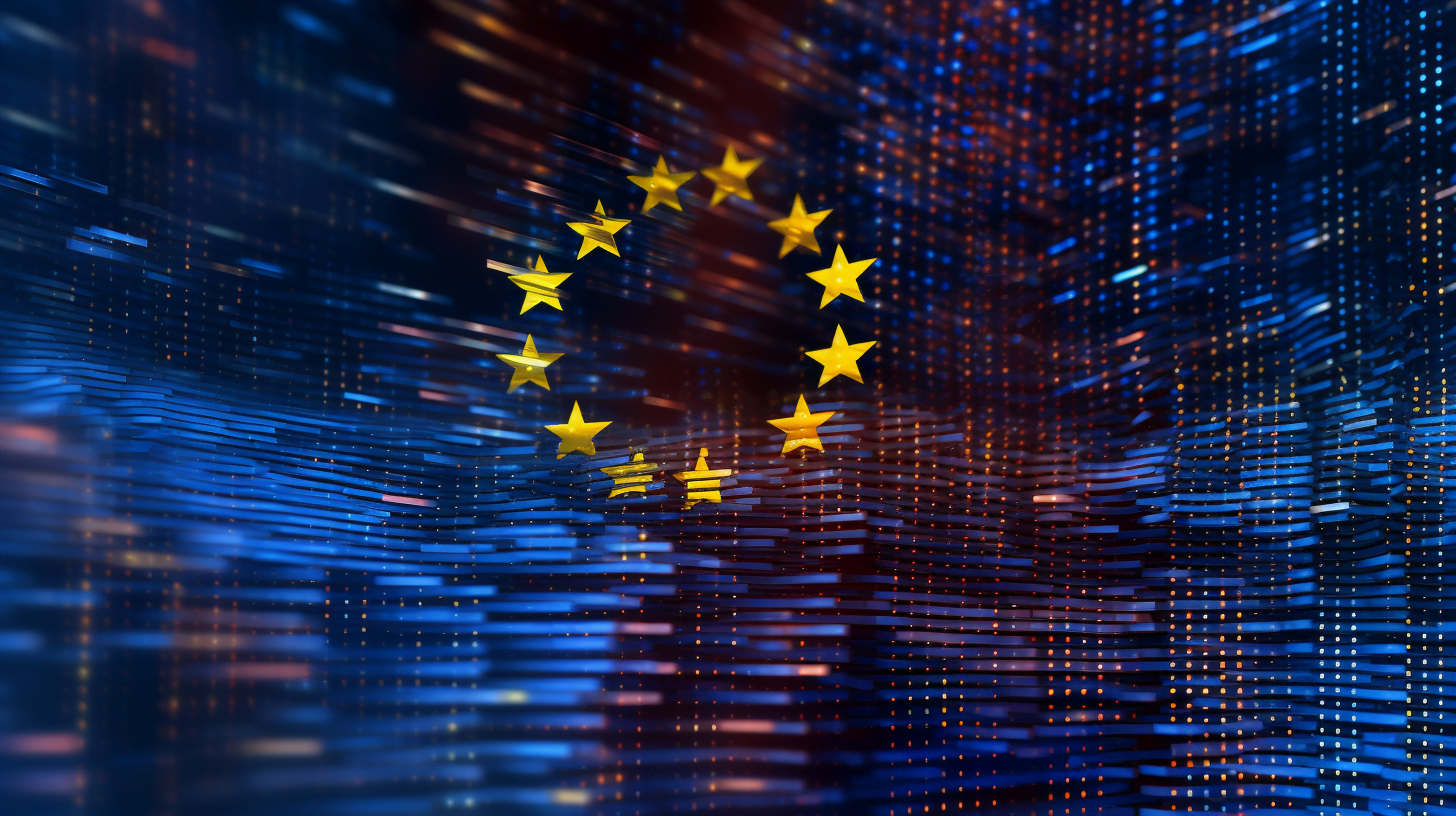Marathon talks bring EU closer to AI law agreement, ChatGPT issue resolved

Key Points
- After more than 20 hours of negotiations, the European Union has reached a provisional deal on the regulation of generative AI systems such as ChatGPT, overcoming one of the biggest hurdles to a final agreement.
- The details of the agreement are still unclear, and the use of AI in biometric surveillance and access to source code remain contentious issues in the negotiations.
- The new law is significant for the EU and could serve as a blueprint for other governments looking to develop rules for their own AI industries. EU countries and lawmakers are trying to reach a final agreement before parliamentary elections in June.
Update –
According to a document seen by Reuters, the European Commission would maintain a list of AI models deemed to pose a "systemic risk", while providers of "general purpose AI" - i.e. models such as GPT-4 or Gemini - would have to publish detailed summaries of the content used for training.
The law could also exempt free and open-source AI licenses from regulation in most cases unless they are deemed high-risk or used for already banned purposes, Reuters said.
EU lawmakers and governments have now been negotiating the EU AI law for more than 20 hours. Systems such as ChatGPT have been a point of contention — which now seems to have been resolved.
The European Union is currently debating the EU AI Act. As Reuters reports, the regulation of generative AI systems and the use of AI in biometric surveillance are among the main points of contention. However, after 20 hours of negotiations, a provisional deal on the regulation of generative AI systems such as ChatGPT was agreed upon, overcoming one of the biggest hurdles to a final agreement. The use of AI in biometric surveillance and access to source code remained contentious even after 20 hours of negotiations.
The Council of the European Union has postponed a planned press conference until further notice as negotiations continue. Talks between EU governments and lawmakers began on Wednesday.
Details of agreement unclear, biometric surveillance remains point of contention
The tentative agreement on basic models such as generative AI systems like those from OpenAI, which are trained on large amounts of data to perform various tasks, is an important step. However, the details of the agreement are still unclear. A late proposal by France, Germany, and Italy that producers of generative AI models should regulate themselves led to disagreement, according to Reuters.
When it comes to biometric surveillance, EU lawmakers want to ban the use of AI, but governments have called for an exemption for national security, defense, and military purposes. The outcome of this debate remains to be seen as negotiations continue.
The new law is significant for the EU. It could serve as a blueprint for other governments looking to develop rules for their own AI industries, offering an alternative to the cautious approach taken by the US and China's transitional rules. EU countries and lawmakers are scrambling to reach a final agreement before parliamentary elections in June, or the legislative process will stall. Failure to do so could delay the adoption of the law and result in the 27 member states losing their first-mover advantage in regulating the technology.
AI News Without the Hype – Curated by Humans
As a THE DECODER subscriber, you get ad-free reading, our weekly AI newsletter, the exclusive "AI Radar" Frontier Report 6× per year, access to comments, and our complete archive.
Subscribe now